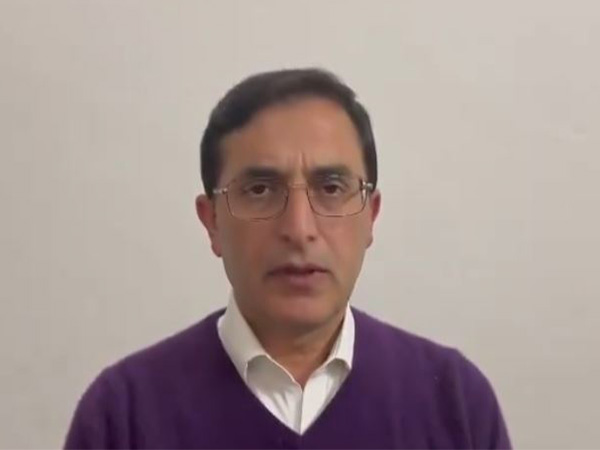PTI Chairman Accuses Government of Blocking Reserved Seats, Appeals to Supreme Court
PTI Chairman Barrister Gohar Ali Khan condemned the government for purported plans to block PTI from securing reserved seats for women and minorities. He urged the Supreme Court to enforce its ruling affirming PTI's eligibility. This controversy follows the PML-N’s introduction of the Election Act (Amendment) Bill, 2024.

- Country:
- Pakistan
Pakistan Tehreek-e-Insaf (PTI) chairman Barrister Gohar Ali Khan has accused the government of concocting legislation aimed at preventing his party from acquiring seats reserved for women and minorities, as reported by Pakistan-based ARY News. Khan highlighted the need for the Pakistan Supreme Court to uphold its July 12 decision, which declared PTI eligible for these allocations.
Khan alleged that government actions are a maneuver to countermand the Supreme Court's ruling, stressing that PTI would seek justice from the judiciary. This marks a historic instance where parliamentary efforts contravene the apex court's decision. Khan called on the Supreme Court to respond to measures taken against 41 National Assembly members (MNAs) who have submitted their affidavits.
He also emphasized that the Election Commission of Pakistan (ECP) should notify the remaining provincial assembly members (MPAs), as per ARY News. This statement comes amid the Pakistan Muslim League - Nawaz (PML-N) presenting the Election Act (Amendment) Bill, 2024, which aims to restrict independent lawmakers from joining political parties post election results.
According to the bill tabled by PML-N MNA Bilal Azhar Kayani, Articles 51 and 106 of the Constitution outline the allocation of seats to the National and provincial assemblies, and stipulate the process for polls. Any political party failing to submit its list for reserved seats within the designated time would forfeit its quota for these seats, the bill added.
A Supreme Court bench, led by Chief Justice Qazi Faez Isa, affirmed PTI's eligibility for reserved seats. This followed an 8-5 verdict from Justice Mansoor Ali Shah, overturning the Peshawar High Court's (PHC) endorsement of the ECP's prior decision against PTI. Chief Justice Qazi Faez Isa and several other justices opposed this majority ruling.
The matter of reserved seats arose after PTI-supported independents triumphed in Pakistan's February 8 general elections. This led to the Sunni Ittehad Council (SIC) seeking reserved seat allocations, but PTI missed the deadline to submit its candidate list. Consequently, the ECP did not allocate these seats to the SIC, a decision later upheld by the PHC.
The ECP apportioned the reserved seats among other political factions, with seats for women and minorities distributed across several assemblies. This allocation empowered the ruling coalition, including PML-N and PPP, to secure a two-thirds majority in the National Assembly.
(With inputs from agencies.)
ALSO READ
Sri Lanka Triumphs in Rain-Hit Thriller to Level Series Against Pakistan
Suspected Pakistani Drones Prompt Indian Army Retaliation Along LoC
Baloch Activist Highlights Enforced Disappearances Crisis in Pakistan
Struggles of Afghan Migrants Deported from Pakistan: A Growing Crisis
Assam's Political Drama: Gogoi's Alleged Pakistan Link Sparks Controversy










